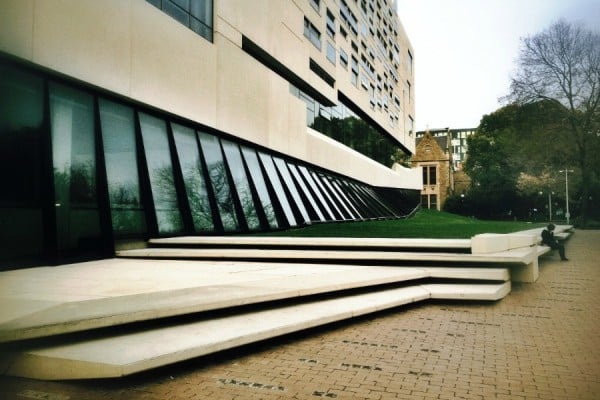If you or someone you know has experienced sexual assault, please seek help with a qualified counsellor or by calling 1800 RESPECT.
In the wake of The Hunting Ground documentary’s release and screening at my university, the University of Melbourne, a welcome conversation has opened up about campus sexual assault. However, these discussions often end with the same thing: don’t worry kids, it’s nowhere near as bad here in Australia.
Every discussion on the seriousness of campus sexual assault is tempered with the caveat that a strictly American problem is presented in The Hunting Ground.
Of course, the American college system, with its majority of students living on campus and its separate police force, has a culture different from ours. But our universities are burying their heads in the sand if they think that our colleges are exempt from the rape culture and silencing tactics brought to light in The Hunting Ground.
I know, because I was raped at a University of Melbourne college, and I was silenced.
The assault was perpetrated by a friend of mine at the end of our first year of university, during a college party. The next morning, a close friend helped me report it to college administration. Initially, it seemed like they were going to be completely helpful and supportive. They referred me to counselling and suggested I go to the police if I wished.
The intercollegiate protocol for dealing with such offences is a disciplinary hearing, which I was told would occur during the summer holidays. Both I and the perpetrator would tell our story to a panel consisting of college administration, the student council leader (our peer) and a lawyer. This sounded like torture to me, so I decided to bypass it by going to the police instead; the college supported this decision.




